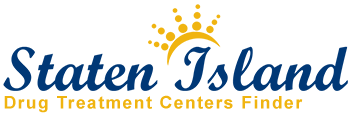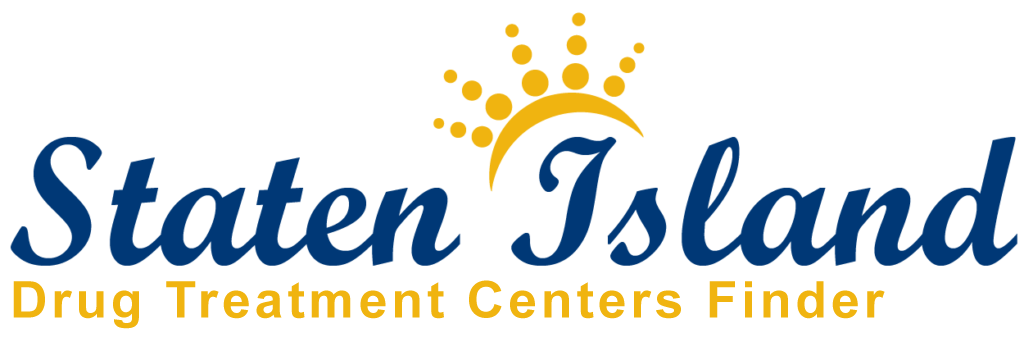Relapse Prevention Programs in Staten Island, NY
Drug and alcohol addictions are extremely common all across the United States and even right here in Staten Island. However, in spite of this, many people do not fully understand addiction or how it works. Addiction is a relapsing and chronic disease, which means that it can recur if a person resumes substance abuse after getting clean and also means that it is not a curable condition. Because of these characteristics of addiction, relapse prevention programs are very important when it comes to treating and overcoming an addiction.
In order to manage an addiction, it is not only important to get clean, but also to keep yourself from relapsing. And this is where the assistance of relapse prevention programs come into play. High quality treatment program make relapse prevention programs their top priority so that when treatment is complete, they are able to abstain from substance abuse and recognize the signs that they are slipping back into old habits.
How Relapse Works
In order to better understand why relapse prevention programs are so important, it is important to understand the ways that lapses and relapse work. A lapse is a slipup after a person has gone through treatment for addiction when they consume an addicted drug or alcohol again. However, a lapse is an isolated event rather than a repeated behavior.
If a person relapses after addiction treatment, it means they are going through a process that eventually can lead to chronic substance abuse again. There are three stages in this relapse process.
Stage One: Emotional Relapse
Emotional relapse is not necessary a conscious stage of relapse, meaning that people can have a tough time realizing that they are relapsing at all. There are feelings, thoughts, and habits that a person can experience that would be considered triggers for substance abuse and compulsive behaviors. These can include anger, sadness, stress, intolerance, frustration, poor sleeping habits, and poor eating habits, among others.
Stage Two: Mental Relapse
Mental relapse is the stage of relapse when the situation begins to get quite out of hand. During this stage a person begins to consciously consider the possibility of abusing drugs or alcohol again. They may fantasize about past or future drug abuse or may even develop detailed plans to get and use drugs again.
Stage Three: Physical Relapse
Physical relapse is the final stage of the relapse process and occurs when a person resumes chronic substance abuse and compulsive consumption behaviors.
Lapses that are dealt with right away or relapse that is stopped in the first two stages of the process, can prevent a person from slipping back into old habits that are self-destructive or incredibly damaging to a person’s health and wellbeing.
What Relapse Prevention Programs Can Do
Relapse prevention programs can do a great deal to help a person deal with triggers, temptations, and relapse. The treatment options to help with relapse prevention include group and individual therapy sessions, classes, and various alternative therapies. They are designed to help a person become intimately familiar with the signs of relapse and how they can occur. It also helps a person to determine own personal triggers and coping strategies to deal with them to avoid lapses and relapse. And, of course, these programs help a person to understand that even if they do relapse, treatment has not failed and they can bounce back and regain control over their life.
Staten Island Drug Treatment Centers is your ultimate guide to recovery and relapse prevention. Just give us a call at (929) 575-5202 today.



Get Social